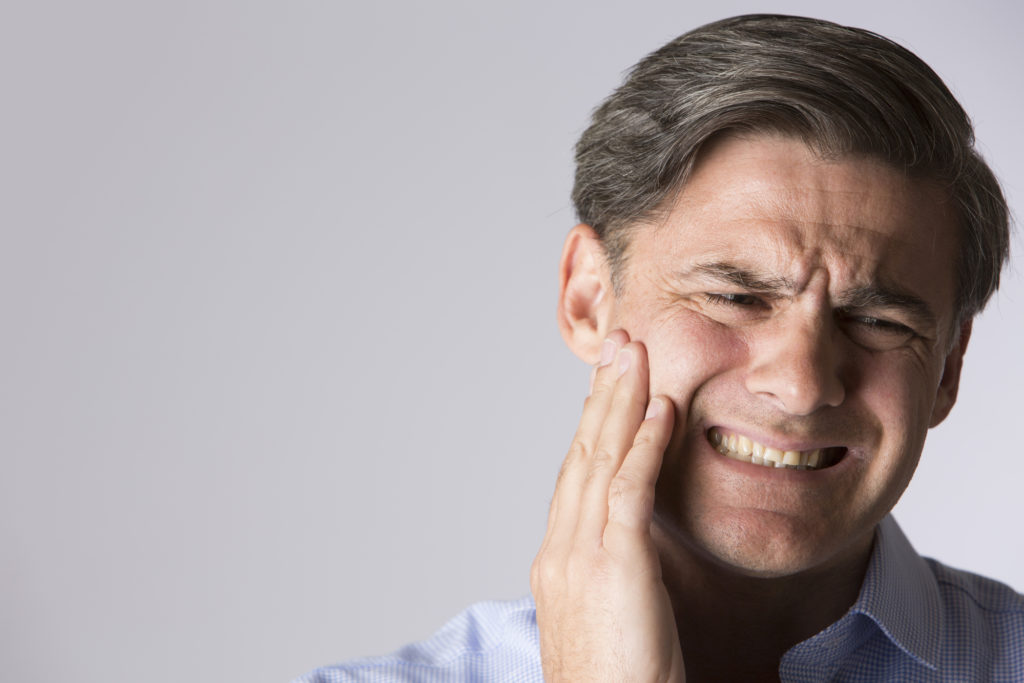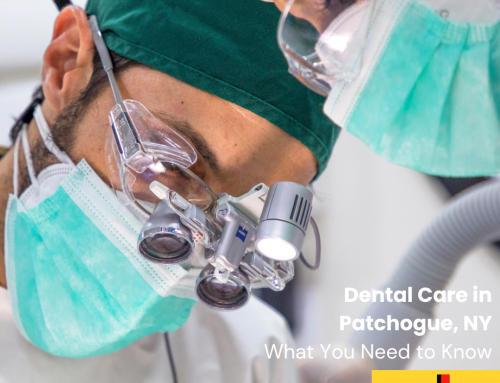What Are The Causes of TMJ (Temporomandibular Joint) Disorder?
Temporomandibular joint disorder, also known as “TMD” or “TMJD” is an uncomfortable condition that affects the joints at either end of the mandible, where your jaw attaches to the rest of the mouth. The joint is one that moves differently than others in the body, allowing it to glide in multiple directions (including side to side.) As such, the TMJ is predisposed to pain or complications should it become injured.
But what causes a true disorder of the TMJ? Here are some of the most common reasons:
Misaligned Teeth
Your jaws move hundreds of times a day, whether you’re talking or eating. But when you chew and bite into food, do your teeth line up accurately?
Crowded, crooked, missing, or misaligned teeth require that your TMJ compromise its normal function for irregular patterns in order to chew efficiently. Over time, all of these abnormal movements can start to take a toll on the joint and ligaments inside of it. You may never have had TMJ pain before, but suddenly you find it painful to eat a simple meal.
In addition to misaligned teeth, a malocclusion such as a pronounced or recessed jaw can cause just as many complications. The key is to create a relationship where both upper and lower jaws close together properly, throughout the entire mouth.
Orthodontic therapy may wind up being an important part of your TMJ treatment, so that the jaws can function normally.
Chronic Bruxism and Clenching
Do you tend to clench and grind your teeth? Perhaps you do so on your commute home from work each day, or while you’re sleeping. If you wake up in the morning with sore jaws or a headache, there’s a good chance you’ve been bruxing. Our Long Island dentist may even start to see worn or fractured enamel throughout your mouth due to the excessive tension and wear.
Overuse of any joint can lead to internal damage of the joint structures; it’s no different with your TMJ. Constantly putting excessive pressure in the temporomandibular area can strain the muscles around it and cause tenderness to the ligaments inside.
You may need to wear a splint to re-train your muscles to relax, or consider talking to our experienced dentist about methods that reduce muscle tension. Even if you think you can tough out the jaw pain, the excessive bruxism will eventually tear down any dental work that you’ve previously invested in.
Previous Injury
Trauma to a joint can cause internal damage that prevents it from functioning normally. Injuries such as automobile accidents or athletic activities could have caused permanent damage to the TMJ. Or perhaps the injury is only temporary, leaving strained ligaments that have bruised and need time to recover.
TMJ Treatments in Suffolk County
Our multi-specialty general practice offers non-surgical TMJ therapy to ease the pain and discomfort associated with TMJD. If you’ve been suffering from headaches, migraines, sore jaws, or difficulty opening and closing your mouth, it’s time to seek help before problems get worse. Contact Sachem Dental Group in Long Island, today!






